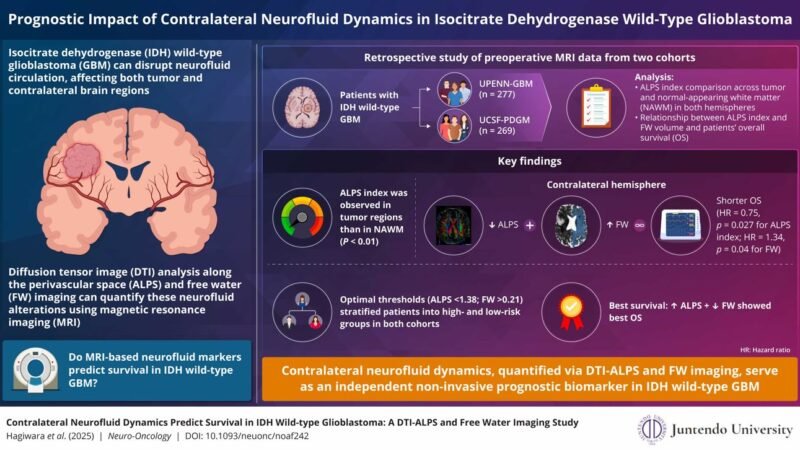3 Effects of Artificial Intelligence on the Medtech Industry

by Catherine Metcalf
Artificial intelligence has dramatically changed practices in a diverse range of fields, and medtech is no exception. AI systems have the potential to reduce costs, improve outcomes, and save countless lives.
In this article, we’ll cover a few key impacts of artificial intelligence and machine learning on the medtech industry. With so much progress taking place every year, it’s impossible to predict how AI will continue to affect the field in the near future. Check out our website to learn more about AI and on-demand app development.
Maximizing Adherence
Failing to adhere to a doctor’s treatment plan can lead to a variety of complications, and nonadherence is estimated to account for as many as 120,000 deaths per year in the United States alone. In other words, even a small increase in adherence could avoid thousands of preventable deaths.
AI monitoring can ensure that patients stick to treatment plans and respond to any questions or concerns without requiring a visit to the doctor. Most Americans report avoiding care due to costs, so finding ways to keep them engaged at home will optimize outcomes and minimize treatment failures.
Improving Diagnostic Speed and Accuracy
There’s no replacement for the knowledge and expertise of an experienced doctor, but artificial intelligence can play an extremely helpful role in diagnosis. In general, AI systems are far more effective than even the most qualified humans when it comes to analyzing and extracting trends from large quantities of data.
For example, NYU Langone researchers successfully developed an artificial intelligence program that correctly distinguished between two common varieties of lung cancer at a rate of 97%. AI perfectly supplements traditional approaches by providing insights that human doctors and researchers wouldn’t pick up on.
Streamlining Drug Development
Between research, testing, regulatory hurdles, and other obstacles, it can take years for even a promising drug to make it to market. While these steps are necessary to protect patients from potentially unreliable treatments, they can also prevent people from accessing treatments that could save their lives.
A partnership between Oxford University, Sensyne, and Evotec began to explore the potential of AI for drug development in 2019. The team leverages artificial intelligence to analyze fully anonymized patient data sets and identify the drugs most likely to produce positive outcomes. Screening new drugs with AI will help research organizations minimize unnecessary spending and focus on the most promising treatments.
Healthcare has been transformed by technology numerous times throughout human history, and artificial intelligence will lead to a dramatic shift in healthcare practices. This is just a small selection of the myriad ways in which AI programs are already disrupting the medtech industry.



